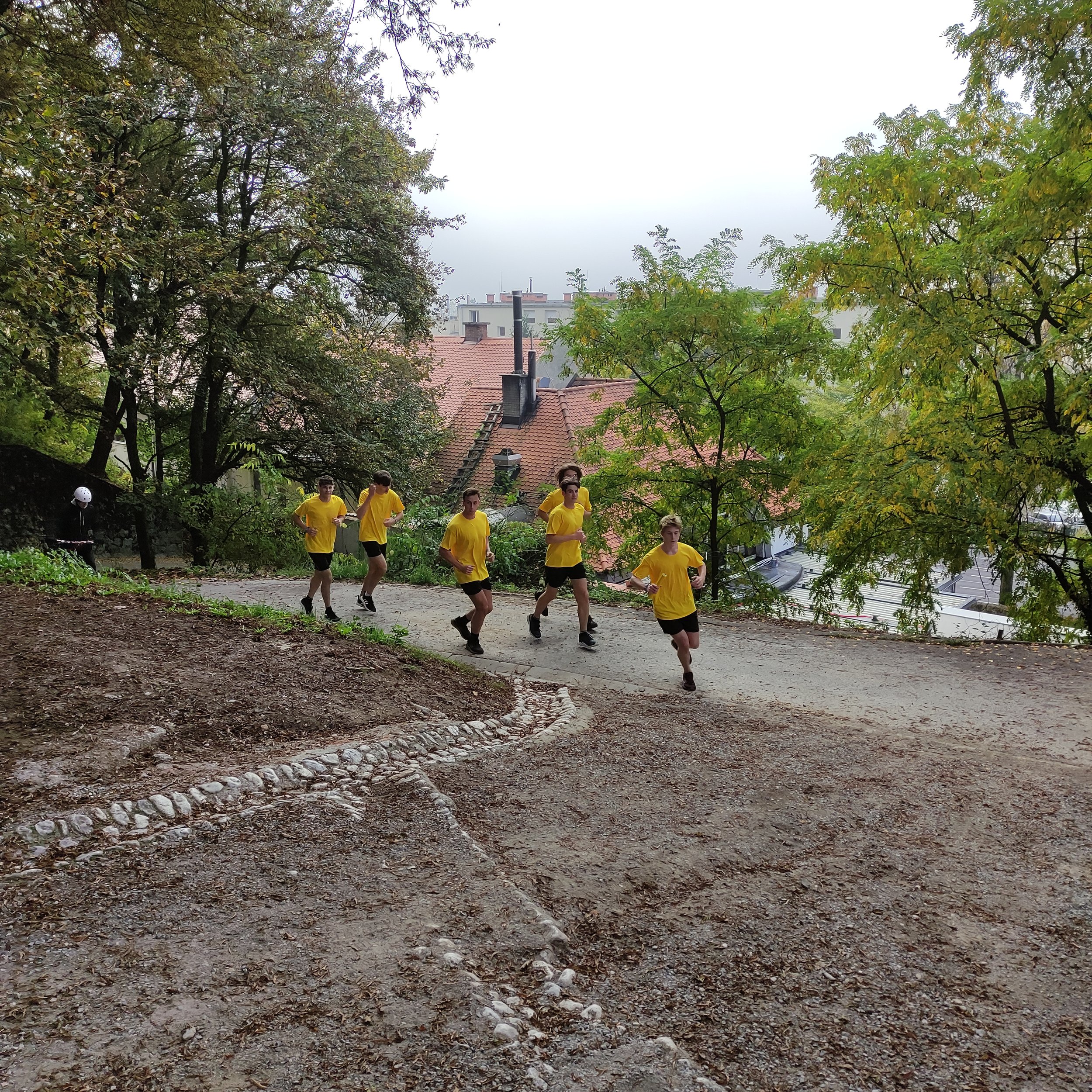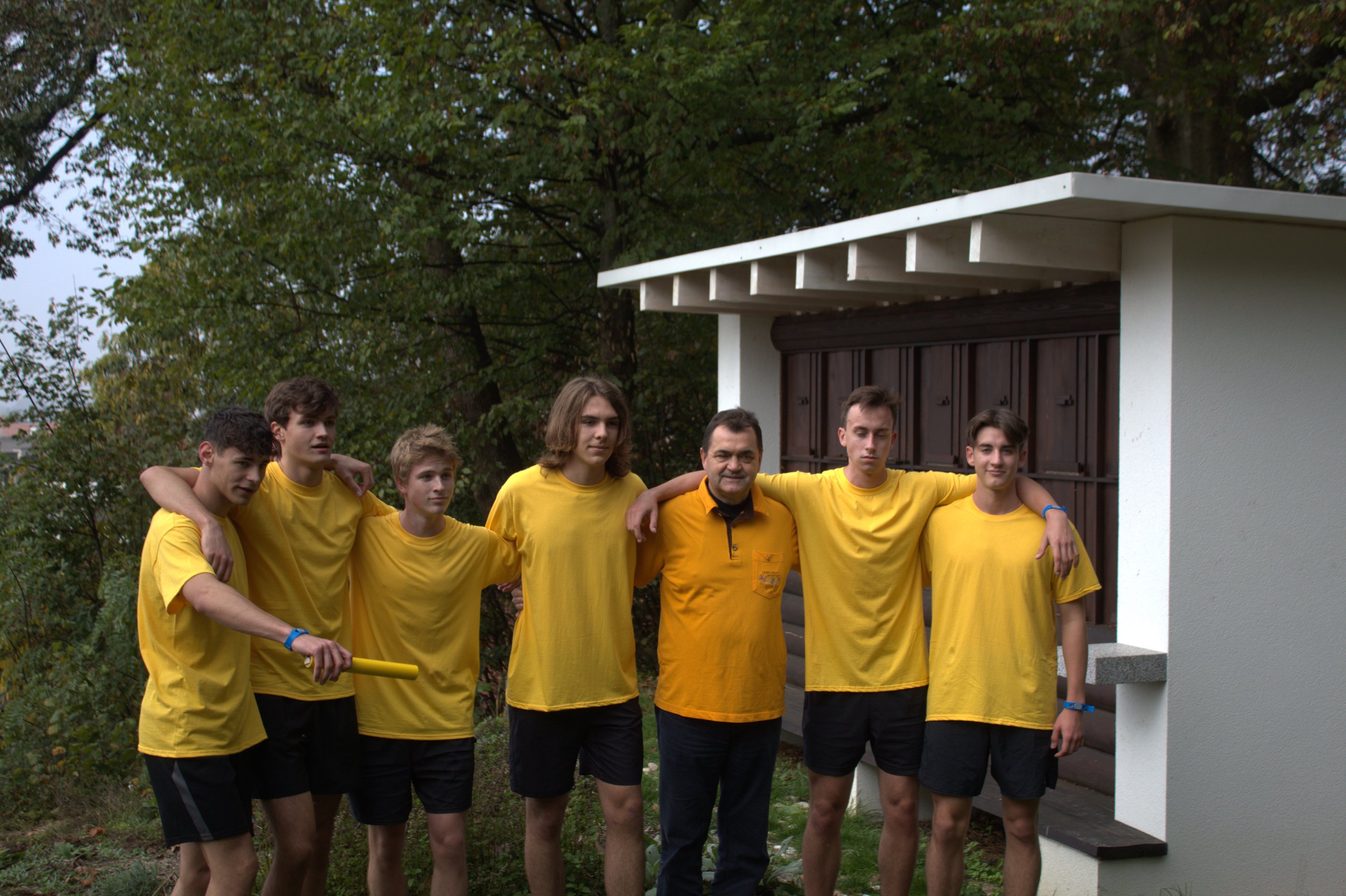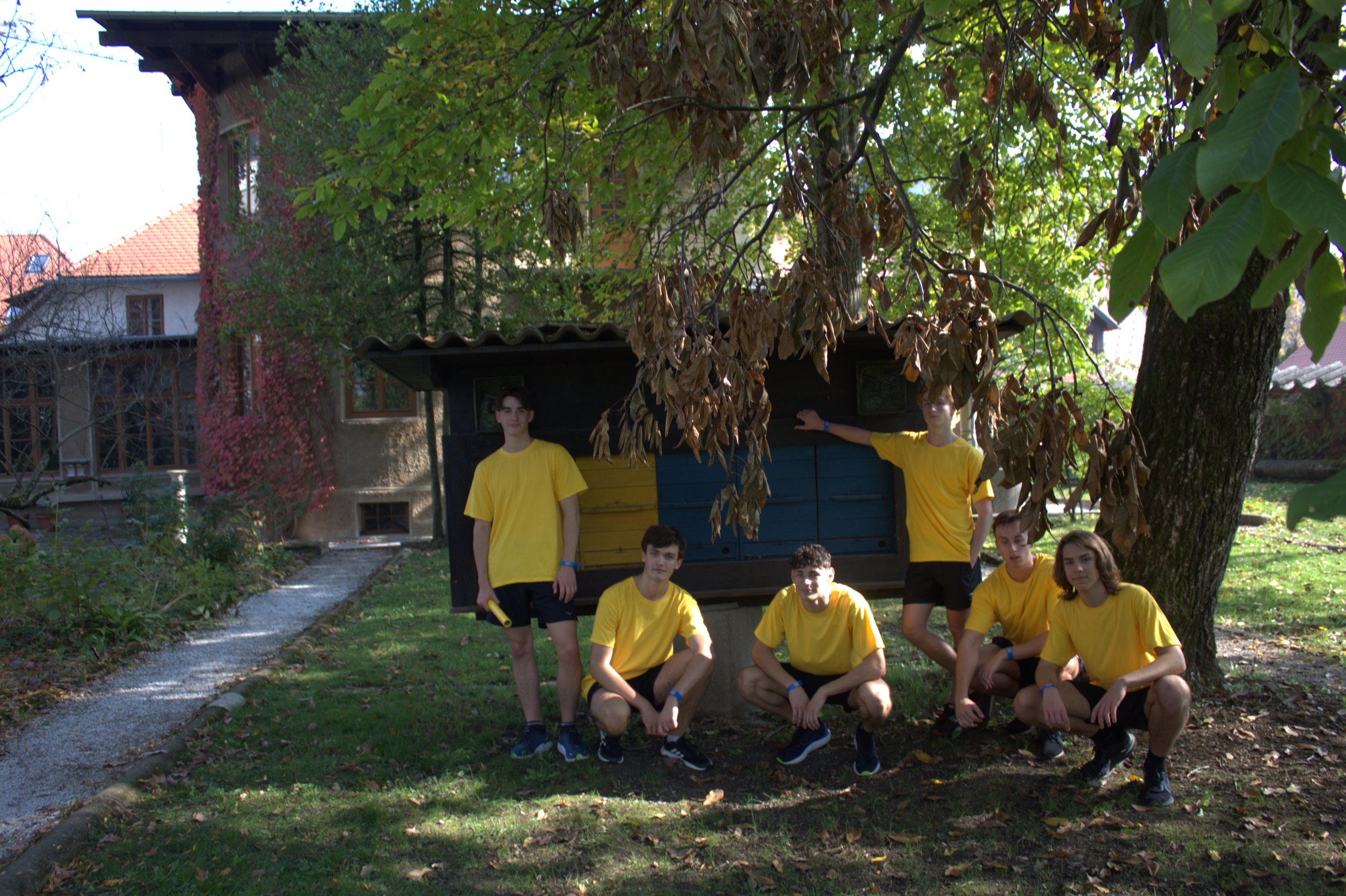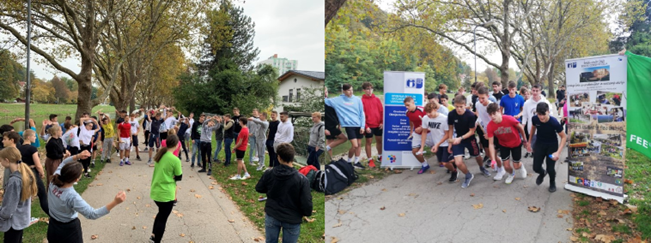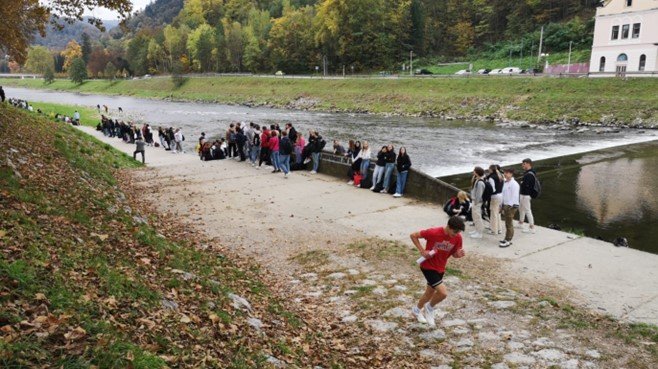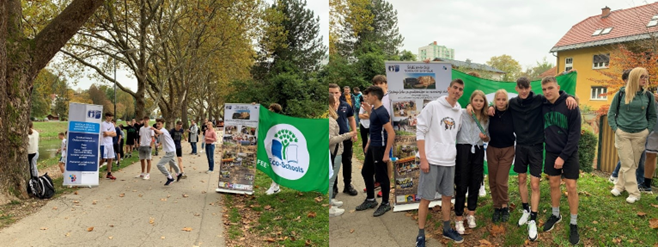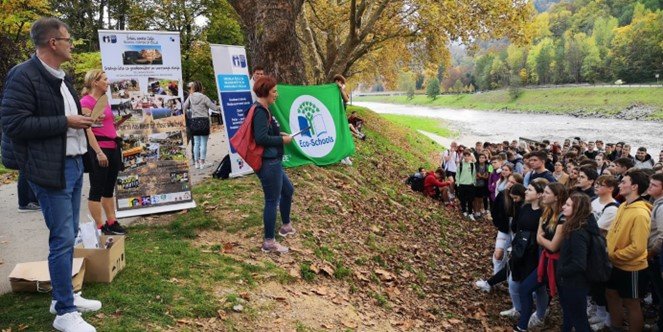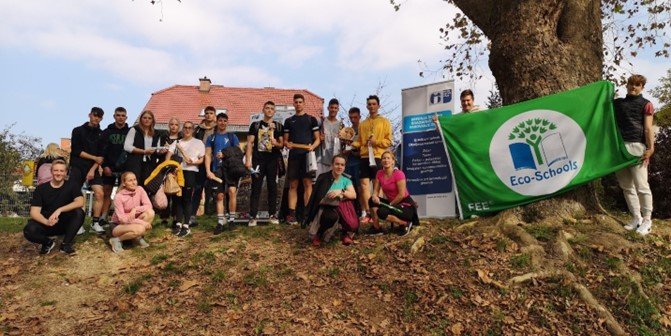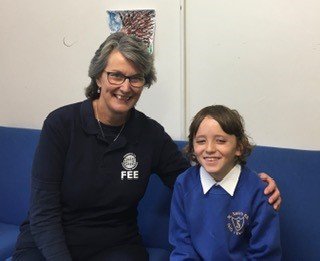In late December of 2021 I received an email from Dan Thompson:
“Dear Sir, Madam,
I’m contacting you as Director of One Run – a not-for-profit organisation that specialises in mass participation relays that change lives.”
Dan asked for a meeting to see if FEE could get involved in a relay run from COP 26 to COP 27 with the aim of promoting climate action.
Since then, much has happened. We at FEE, with the dedication, support and commitment of our incredible members and partners, have been completely immersed in getting the baton from one person to the next, all the way from Glasgow to Sharm El Sheikh and with as little Co2 emissions as possible. Thousands upon thousands of runners, cyclists, sailors, school children, teachers, parents, representatives of national and regional governments, businesses, NGOs, media organisations and a very remarkable support team have made the incredible happen. Earlier this week, the baton finally arrived in Sharm El Sheikh and was officially received at COP 27 on Tuesday, November 8th.
The baton has brought with it a message to world leaders that calls for universal, quality climate education. Climate education must be recognised, resourced, and embedded in national curriculums. This is extremely important as we must ensure that everyone, both young and old, are equipped with the necessary tools and knowledge to deal with the challenges climate change is presenting. It is important because teachers need to be supported with the educational materials, the knowhow, and the time to provide good quality and science-based education in their classrooms. It is important because our communities and families must be engaged, informed, and committed to this cause and it is important that policy makers at all levels have the ability and are given the responsibility to make this happen. Let us hope that the message and the events we have organised to present it and discuss it at COP 27, is well received, understood, and translated into tangible actions by those who are responsible for doing so.
The relay itself holds another message that is just as important, if a bit more general. Running Out of Time is the world’s longest ever non-stop relay race. The relay baton travelled for 24 hours a day over 38 days and across 7,767 kilometres and 18 countries. The baton has successfully made this incredible journey in because so many people took action. The relay is truly a testament to what we can accomplish if we all do our part.
Climate change represents a huge and daunting challenge for humanity. But if we all chip in, and make the necessary national and individual sacrifices, we will be able to make the change needed to reduce emissions to the levels set for us in the Paris agreement and replot our course to safer shores.
I strongly believed that FEE should not only contribute to Running Out of Time through the coordination and administration of our network and events, but that we should also devote some real sweat to the tremendous effort shared by so many. So, on behalf of FEE, I joined the sailing legs from Greece to Cyprus and from Cyprus to Israel, where I then cycled some of the stages. I met wonderful people along the way, made new friends, spoke to children and youth, and felt immensely proud of the efforts of all that were involved. But above all, I am proud of the organisation I am part of. FEE’s President and Vice President, our Board of Directors, the FEE members, and their teams both on and off the route and my wonderful team mates at the FEE Head Office - all of whom have completely immersed themselves in this campaign from day one – you all went above and beyond to ensure that this baton not only arrived at COP 27 but that it did so delivering a call for climate education supported by hundreds of thousands of people around the world.
I would like to thank incredible team behind The World Relay Ltd., the team from Carbon Copy, as well as our partners, the Office for Climate Education, the European Commission, UNESCO, NAAEE, and EarthDay Network. My sincerest thanks and gratitude for our FEE members along the route; Keep Scotland Beautiful, Keep Wales Tidy, Keep Britain Tidy, GoodPlanet Belgium, the Eco-Schools, Green Key and Blue Flag teams from SME and KMVK in the Netherlands, FEE Germany, FEE Italy, Doves in Slovenia, LIJEPA NAŠA in Croatia, ECOM and the Bureau for Education Services in Montenegro, the Albanian Coast Lifeguards and Water Rescue Federation, the Hellenic Society for the Protection of Nature (HSPN) Greece, CYMEPA in Cyprus and EcoOcean in Israel. And of course, to the many runners, cyclists, and thousands of Eco-Schools students and teachers from around the world who showed up and took action - we have all played our part and we all made it happen. Congratulations and thank you.
But in reality, the baton arriving in Sharm El Sheikh and all the discussions and events happening at COP 27 are only the start of this baton’s journey. Now starts the journey of making sure that the message of Running Out of Time is delivered and acted upon. We at FEE, through our five programmes and support from our global network of members, as well as many of our partners and others, will continue to create the mechanisms to deliver quality climate education, to advocate for the space and resources that are required to deliver it and monitor and evaluate the real progress and impact of these efforts. With that, I am passing on the baton to all of you with the hope that you will carry it far.
Thank you,
Daniel Schaffer
CEO, Foundation for Environmental Education





